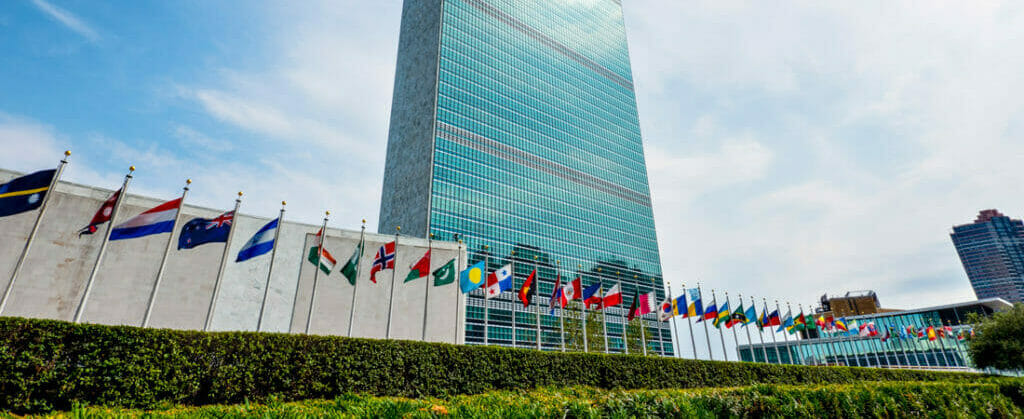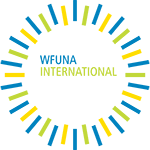Every year, 19-23 million tonnes of plastic waste enter our lakes, rivers, and seas, according to the UN Environment Programme (UNEP). This surge in plastic pollution poses a severe threat to marine life, ecosystems, human health, and global economies, particularly those reliant on tourism and fishing industries. Approximately 80% of this marine pollution originates on land, primarily due to single-use plastics, poor waste management, and insufficient recycling infrastructure.
Marine plastic pollution arises from various sources, including land-based waste, maritime activities, and industrial processes. These plastics enter the ocean through improper waste disposal, littering, and mismanaged industrial discharges, becoming part of the larger crisis of marine pollution.
The Global Programme of Action for the Protection of the Marine Environment from Land-based Activities defines marine litter as “any persistent, manufactured, or processed solid material discarded, disposed of, or abandoned in the marine and coastal environment.” Microplastics, which are plastic fragments smaller than 5 mm, come from both the degradation of larger plastic debris and specific products like cosmetics and synthetic textiles.
The impact on marine life is devastating. Plastics entangle wildlife, are ingested by marine species, and introduce toxic substances into the food chain, threatening biodiversity and human health. These issues underscore the urgent need for international cooperation to reduce plastic production, improve waste management, and clean up existing marine litter.
The 2030 Agenda for Sustainable Development identifies Sustainable Development Goal (SDG) 14.1 as a target for reducing marine pollution. It aims to “prevent and significantly reduce marine pollution of all kinds, particularly from land-based activities, by 2025,” including addressing marine debris and nutrient pollution. Other goals, like SDG 12 on responsible consumption and production, emphasize the efficient use of resources and the adoption of sustainable practices.
In 2019, the UN Environment Assembly passed a resolution (UNEP/EA.4/Res.6) stressing the need for enhanced global coordination and cooperation in combating marine litter and microplastics. This resolution led to the creation of a Task Team under the Environment Management Group (EMG), which includes key organizations like the FAO, UNEP, UNESCO, WHO, and the World Bank. The Task Team’s mission is to strengthen the UN system’s support for member states in addressing the marine litter crisis through collaborative and innovative approaches.
Ongoing negotiations on an international treaty to combat plastic pollution within the United Nations Environment Assembly (UNEA) are currently taking place through the Intergovernmental Negotiating Committee (INC), which was tasked with developing a legally binding agreement aimed at addressing plastic pollution throughout its entire lifecycle— from production to disposal.


